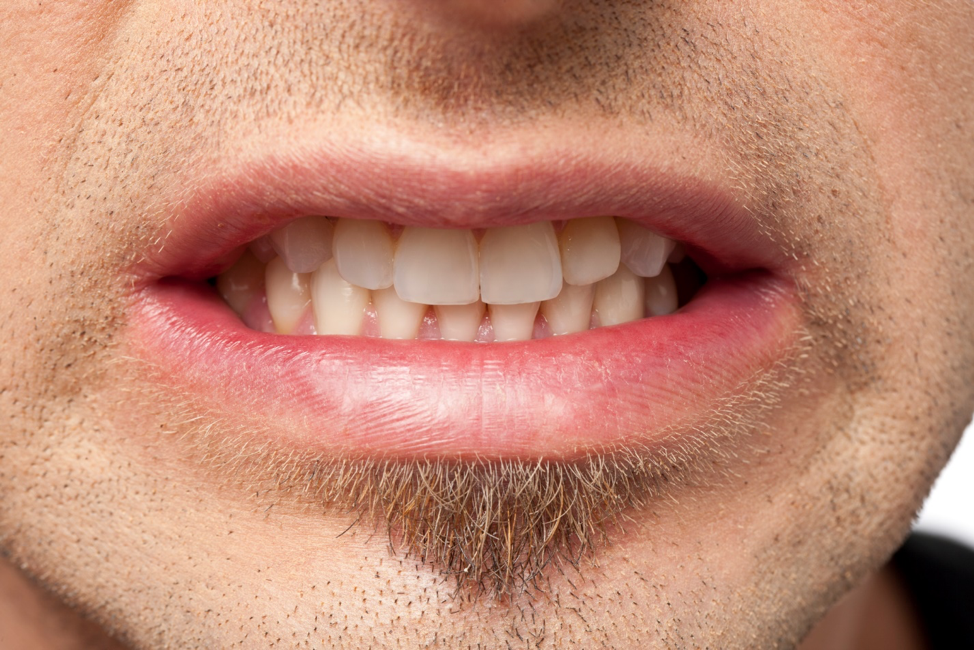
What are the Negative Effects of Teeth Grinding?
September 20, 2019
5 Steps to Overcoming Dental Phobia
October 4, 2019When you have a toothache, your first thought might be that you have a cavity. Although cavities are one of the most common causes of tooth pain, they’re not the only cause. Toothaches can also stem from gum disease, tooth sensitivity, bruxism, a cracked tooth, an abscess, or an impacted tooth. Even food stuck between teeth can cause dental pain. You can try to diagnose the problem yourself, ask your mom, or search Google, but the only way to really determine the cause of your tooth pain is to visit the dentist.
Dr. Abbey J. Lee at Smiles 4 Grant Park has over 25 years of experience diagnosing and treating dental issues. She and our team offer compassionate, personalized care. Contact your Grant Park dentist today at 404.328.7177 to find out the reason for your tooth pain.
Continue reading to learn what could be causing your tooth to hurt.
Gum Disease
Gum disease, also called periodontal disease, is an infection of the gingiva. Some areas of the teeth are hard to reach while brushing. Unremoved plaque will harden into tartar (also known as calculus) between your teeth. If tartar isn’t removed, gum disease can develop. Symptoms of gum disease include:
- Tooth or gum pain
- Red, swollen gums
- Bleeding gums
- Bad breath
- Receding gums
Brushing, flossing, using antiseptic mouthwash, and a visit to your dentist are the first steps toward battling periodontal disease. However, gum disease is chronic, which means it cannot be cured. Once you develop gum disease, work with Dr. Lee to reverse damage and keep your oral health in tip-top shape. With some effort, you can keep gum disease from flaring up.
Tooth Sensitivity
If your tooth pain comes and goes when eating hot and cold food, you might have a sensitive tooth. Worn-down enamel and gum recession can cause dental sensitivity. Try brushing with a toothpaste for sensitive teeth, like Sensodyne, to reduce your pain.
Worsening pain may be a sign of a more serious problem like exposed roots, tooth decay, or gum disease. Visit Dr. Lee to reveal the source of your sensitive teeth, so together you can find a solution.
Bruxism
Bruxism, or teeth grinding, is often caused by misalignment of teeth or by stress, anxiety, and some medical conditions. If you have bruxism along with a tight jaw, dull headache, or sore face, you could have TMJ disorder. Dr. Lee can examine your tooth wear and jaw joints to find the exact cause of your teeth grinding.
A night guard, with or without TMJ therapy, can eliminate teeth grinding and relieve associated pain. Damage from bruxism, like disfigured molars and thinning enamel, will require restorative dental care, such as bonding or crowns, to restore optimal oral health.
Cracked Tooth
A car accident, sports injury, or hard foods can break or crack your tooth. Pain is normal after you experience trauma to your mouth, but if it persists for a couple of days or you notice a crack, your dentist should assess the damage. If your cracked tooth goes untreated, it is more prone to decay and infection.
CTS, or cracked tooth syndrome, is a common cause of toothaches. Oftentimes, a cracked tooth only hurts when pressure is applied or temperature changes occur—like when you drink hot coffee or ice cream. For any tooth pain, you need to see Dr. Lee. Healthy teeth don’t usually hurt!
Impacted Tooth
An impacted tooth typically causes dull, throbbing pain. When a tooth is impacted, it means that it can’t erupt properly due to an obstruction, like another tooth or bone. Wisdom teeth often become impacted and must be removed, but impaction can happen to other teeth as well.
In some cases, the impacted tooth may cause:
- Red, swollen gums
- Smelly breath
- Pain when chewing
- A bad taste in your mouth
- Shifting of other teeth
- A bump under the bone (roof of mouth)
In other cases, your dentist may only spot the impacted tooth with a digital dental x-ray.
Contact Your Grant Park Dentist Today
If you have a toothache, a visit to the dentist is necessary. Dr. Lee and our team can determine the problem and properly treat it before more damage occurs. Call us today at 404.328.7177 to schedule an appointment.


